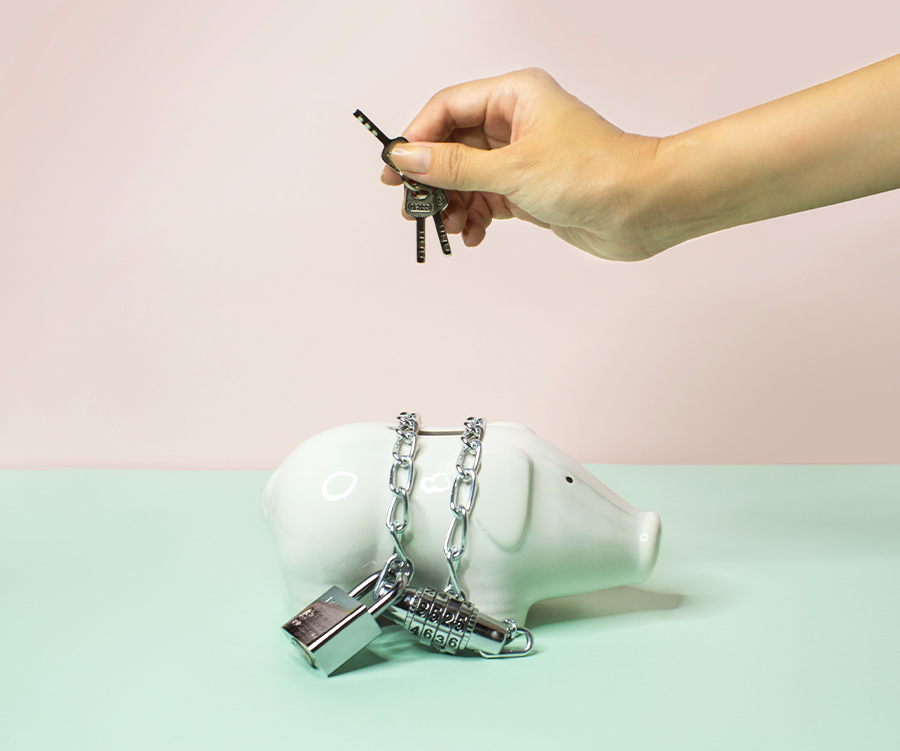You might find it hard to believe that you could be an unsuspecting victim of financial abuse. The shocking truth is that not only is financial abuse common, it can be hard to spot.
“It can be difficult to recognise financial abuse because it can occur in many different ways, often starting subtly and progressing over time,” says Kylie Macfarlane, Commonwealth Bank’s General Manager Corporate Responsibility.
“Financial abuse occurs when one partner uses money as a means to control or exploit their partner and limit their financial independence.”
Being able to recognise the subtle signs at the outset could prevent you from falling prey and safeguard your economic security. Signs such as not feeling confident making major financial decisions alone or not understanding decisions that someone else is making for you about your money or property should not be ignored.
CommBank has just launched Next Chapter, a new initiative to help those affected by financial abuse. It includes a Financial Independence Hub, in partnership with Good Shepherd, and the launch of a Community Wellbeing team to provide confidential and specialist support to customers in need. The new services and resources aim to help victims and survivors of financial abuse regain their financial independence and start the next chapter of their lives.
Watch out for these red flags of financial abuse:
Your partner gives you a set amount of money to spend and is reluctant to give you anymore no matter what you say. This amount might be shrinking over time, too.
You’ve been led to believe that the best way to keep your money on track is for your partner to control your finances.
Your requests for money are usually turned down.
You are not permitted to view bills or financial statements.
You don’t have access to bank accounts because your partner is ‘making life easy for you’ by taking care of your financial affairs and managing your money.
You find out that your partner is hiding bank accounts or keeping assets from you.
Your spending is controlled and you are expected to produce receipts for any purchases, big or small.
You are forced to take out loans, debts or credit cards in your name.
Your partner is stopping you from working or studying, either by forbidding it or by sabotaging your work or employment opportunities.
Your partner refuses to give you access to sufficient funds for basic expenses for you or your children.

If you think you could be a victim of financial abuse, it’s important to realise that you can take steps to protect yourself and your money, whether you choose to stay in the relationship or to leave.
You may feel conflicted about raising any concerns if the financial abuser is a family member or friend, but there are ways to deal with it to help keep you, your money and your property and assets secure.
The CBA, in partnership with Domestic Violence NSW, has created an informative Addressing Financial Abuse Guide for people who work with victims of domestic and family violence to help them identify and provide support for those experiencing financial abuse.
But it’s also a useful read if you suspect you are a victim of financial abuse and would like to learn more about how to become financially independent.
Proud partner, CommBank. For help, support and resources on financial abuse, please visit www.commbank.com.au/support/next-chapter.html. Always consider your personal circumstances before acting on financial advice.


